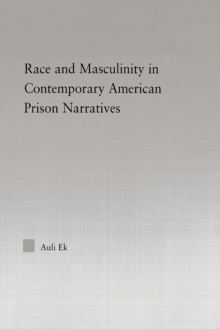
Slavery, Southern Culture, and Education in Little Dixie, Missouri, 1820-1860 Paperback / softback
by Jeffrey C. (Indiana Wesleyan University) Stone
Part of the Studies in African American History and Culture series
Paperback / softback
Description
This dissertation examines the cultural and educational history of central Missouri between 1820 and 1860, and in particular, the issue of master-slave relationships and how they affected education (broadly defined as the transmission of Southern culture).
Although Missouri had one of the lowest slave populations during the Antebellum period, Central Missouri - or what became known as Little Dixie - had slave percentages that rivaled many regions and counties of the Deep South.
However, slaves and slave owners interacted on a regular basis, which affected cultural transmission in the areas of religion, work, and community.
Generally, slave owners in Little Dixie showed a pattern of paternalism in all these areas, but the slaves did not always accept their masters' paternalism, and attempted to forge a life of their own.
Information
-
Out of stock
- Format:Paperback / softback
- Pages:120 pages, 1 Illustrations, black and white
- Publisher:Taylor & Francis Ltd
- Publication Date:10/09/2012
- Category:
- ISBN:9780415654203
Information
-
Out of stock
- Format:Paperback / softback
- Pages:120 pages, 1 Illustrations, black and white
- Publisher:Taylor & Francis Ltd
- Publication Date:10/09/2012
- Category:
- ISBN:9780415654203










